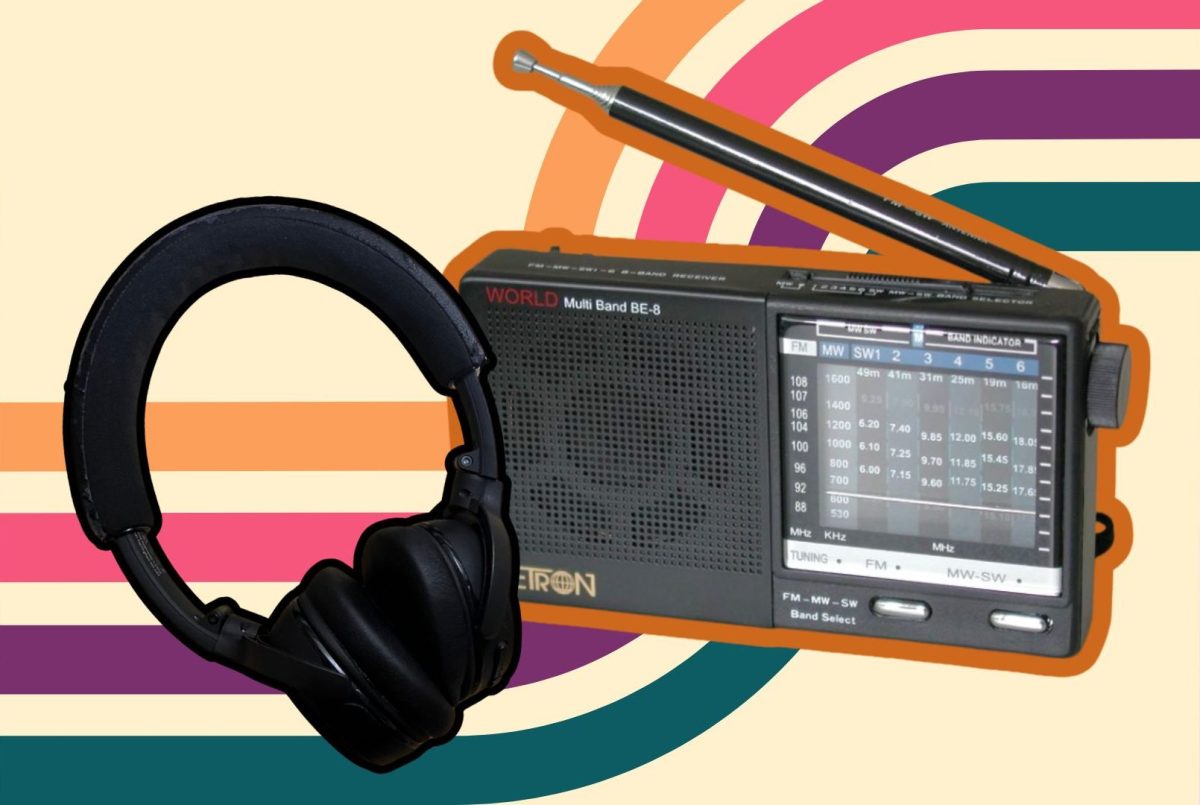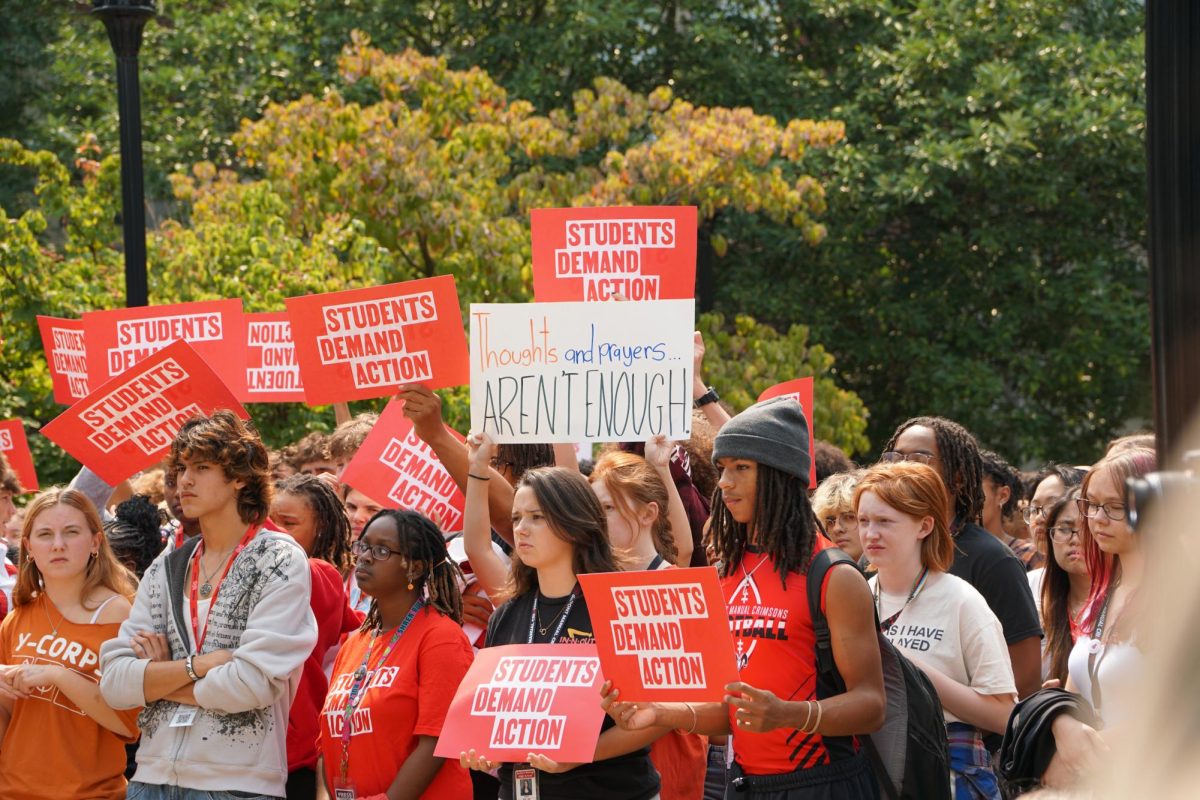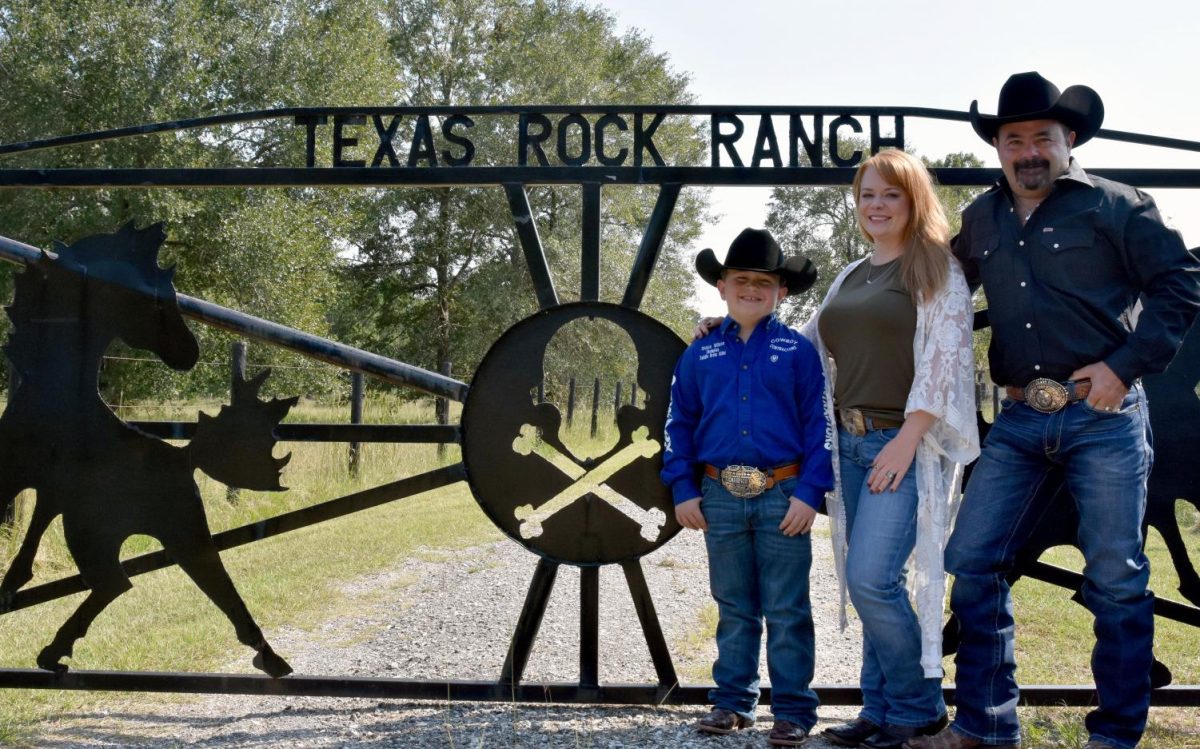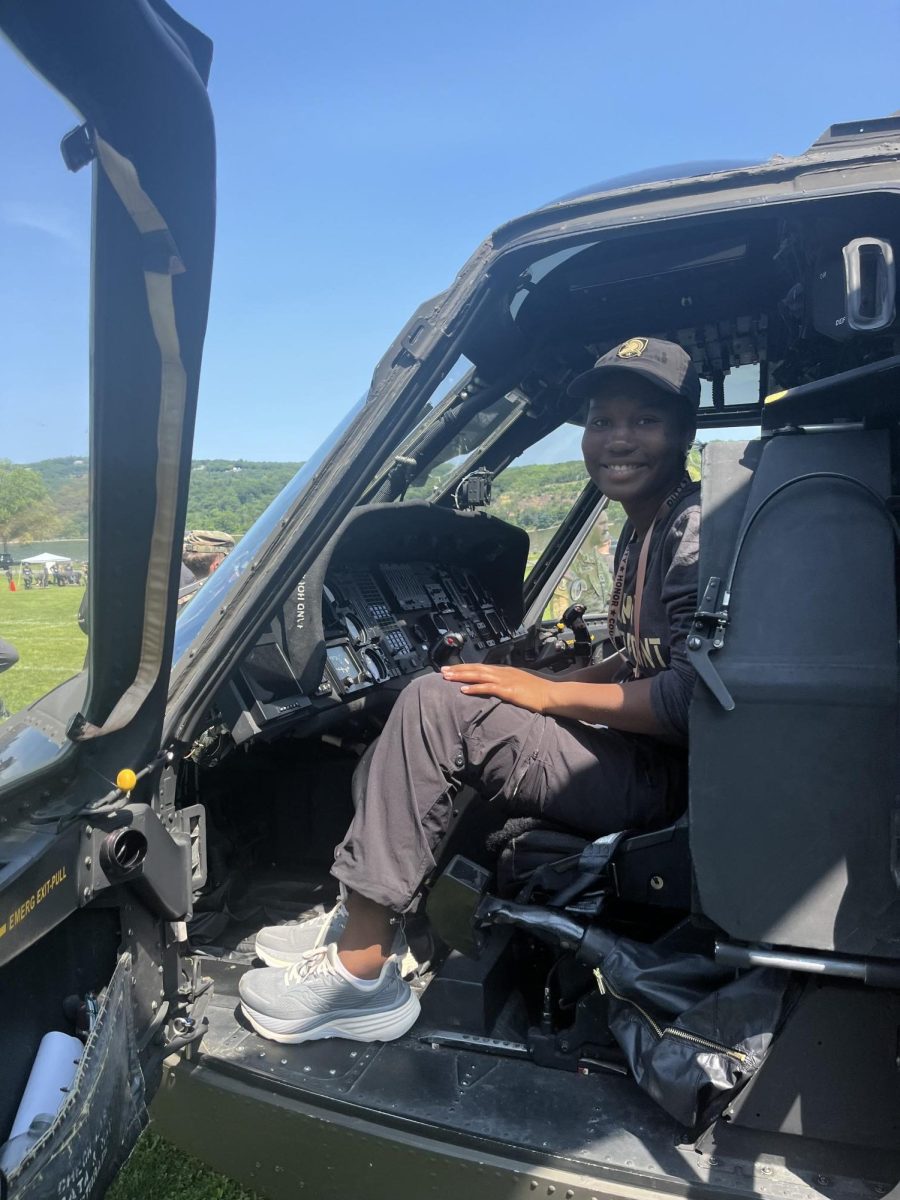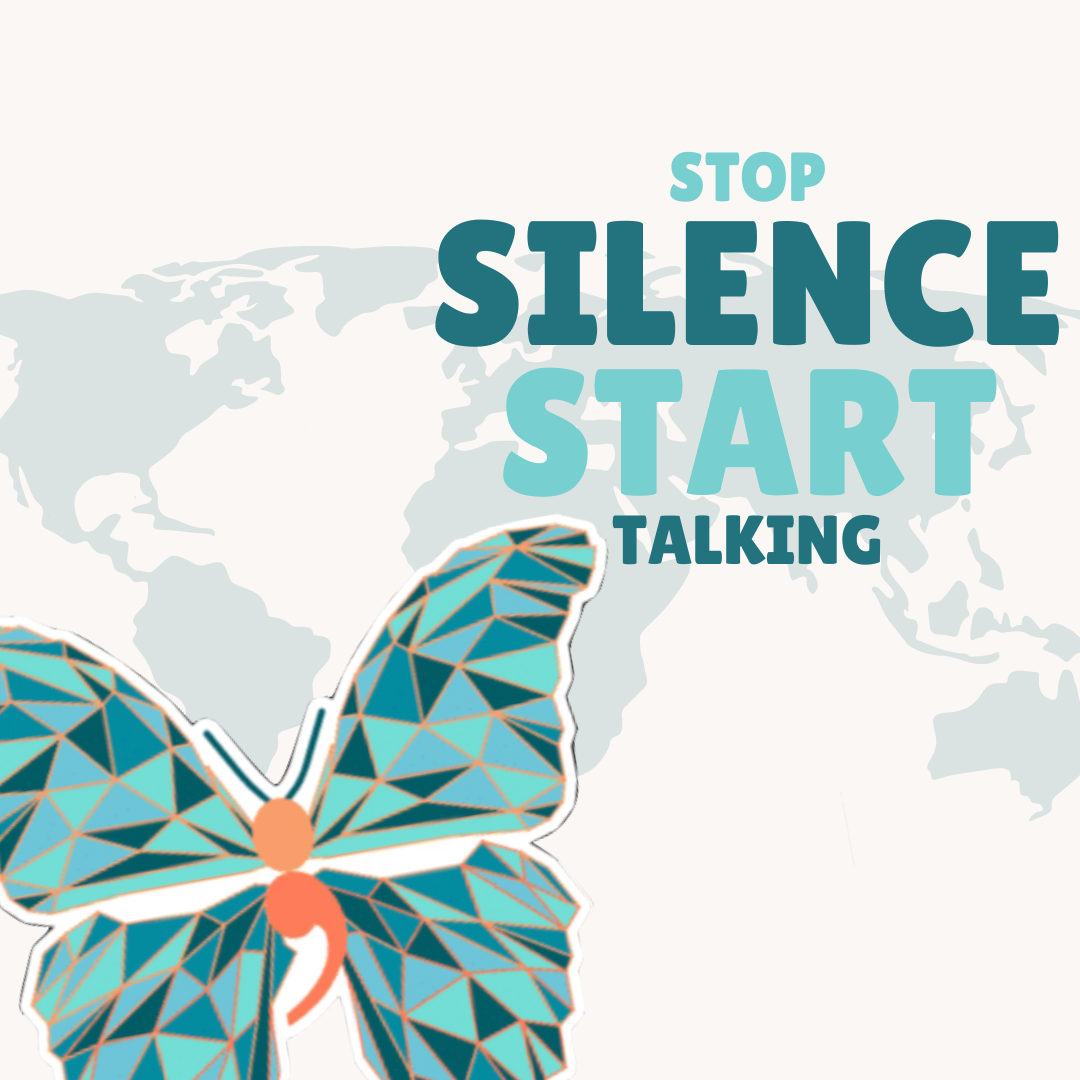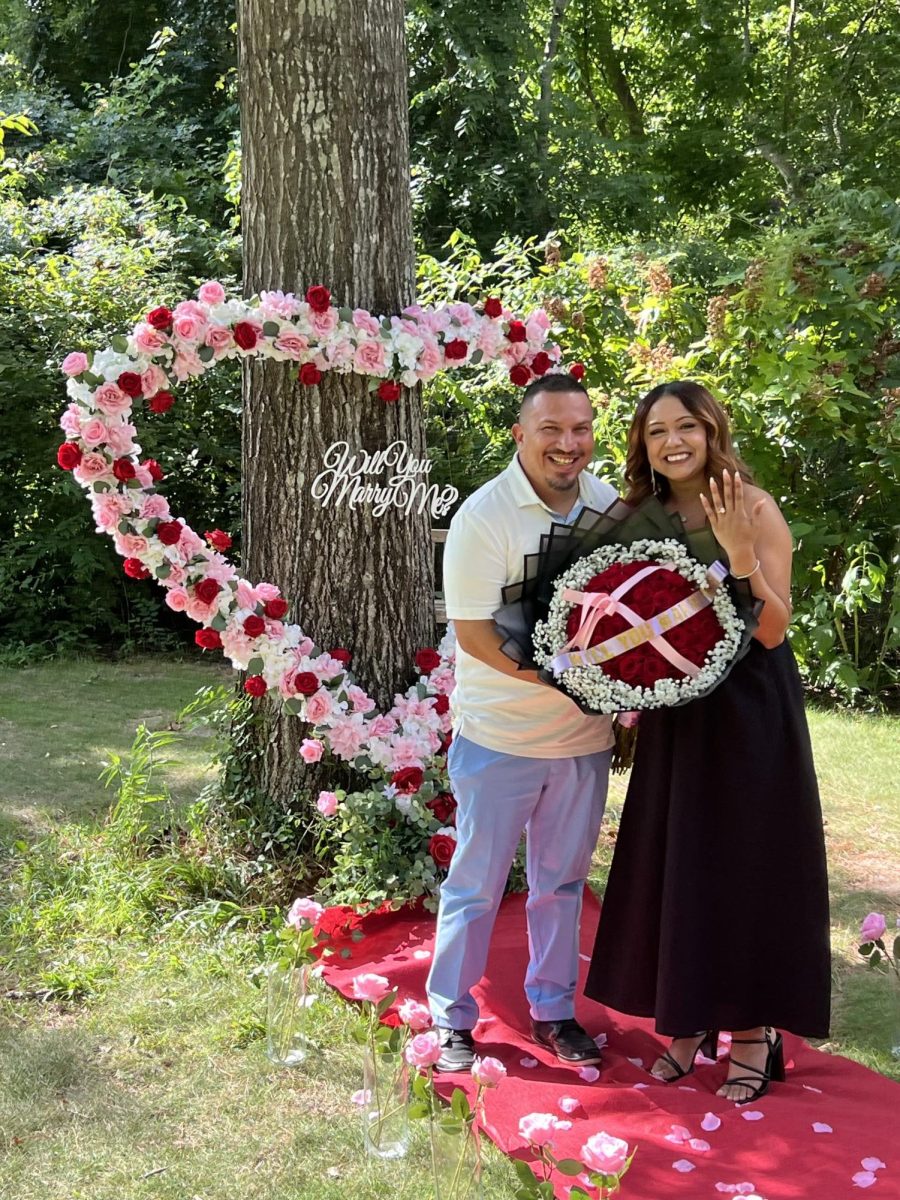A tragic event set off worldwide inspiration and has saved thousands of young adults from losing their battles to anxiety or depression. By sharing her story, athletes and non-athletes alike see themselves and are reminded that they are never alone.
“I thought I was alone when I was struggling with my mental health,” said senior lacrosse player Kaitlin Gould. “Game days make me anxious, and I get a lot of my anxiety from it, but hearing other athletes’ stories, hers especially, made me realize I’m not alone.”
Senior lacrosse player at Duke University, Morgan Rodgers, was a strong, seemingly-unshakable young woman. Since the beginning of her lacrosse career Rodgers knew she wanted to play at the highest level she could reach. In fall of 2014, after years of dedication and hard work, she accepted an offer to continue her career at Duke University.
“Morgan was a spunky, stubborn, funny, caring, loving and focused individual,” said Dona Rodgers, Morgan’s mother and Co-Founder of Morgan’s Message. “On the field she was selfless, confident, talented and goal-oriented and determined.”
Even off the field, Rodgers was changing lives day after day–moving people with her actions and making days brighter just by giving people one of her beautiful, big smiles. Having a personality of gold gave her the power of making so many people happy even when their days weren’t going so great. Not only was she a positive influence, but she was also a good friend.
“Morgan was one of my best friends,” said Clara Kehoe, Co-Founder of Morgan’s Message and Director of Education. “She was a strong and powerful individual, she never lacked dedication and energy. She gave her all to every passion, activity, and person she comes in contact with. She was such a character that she encouraged so many people. Rodgers was a light to any environment or person she was around. Morgan was a fiercely loyal friend and a vibrant person. She had a way of bringing people together, always leading the locker room dance parties or inviting friends over for dinner at her apartment. She was someone who cared deeply about her friends.”
Before getting to college, her senior year of high school, Rodgers began experiencing high levels of stress and anxiety. In January 2017, just before her sophomore college season, Rodgers had a severe knee injury. An unfortunately common challenge for athletes, Rodgers struggled with this sudden and difficult change in her life. Soon after, she began doubting her self-worth. Like many folks, even though she was struggling, Rodgers kept a smile on her face and showed how she was strong, happy, and resilient to her community. Although she presented to be okay, her depression and anxiety returned. Instead of asking for help as she did her senior year of high school, Rodgers chose to stay quiet and fight her battles by herself while faking to everyone that she was okay. She was suffering in silence and kept all the people that cared for her in the dark so that everyone thought nothing was wrong.
“Morgan worked really hard to keep her anxiety hidden – something we now know must have been completely exhausting,” said Rodgers. “She was in college and lived four hours from home: we didn’t see any signs. She made sure to put on her best face in front of us so that even when she was struggling with her injury and recovery she said the right things.”
As a result of battling her depression and anxiety by herself, she passed away from suicide on July 11, 2019 at the age of 22.
“Although Morgan had experienced mental health challenges following her injury, her death by suicide came as a surprise to her family and friends,” said Kehoe.
Although her life was cut short, her legacy of dedication, unconditional love, and her amazing personality is fully alive. After this tragic event, instead of using this loss as a devastation, her people chose to take action.
“After Morgan’s passing around her birthday in 2020, family and friends gathered and discussed what happened to Morgan,” said Kehoe. “We realized the stigma that surrounds mental health played a huge factor in Morgan’s story. We aimed to create Morgan’s Message to ensure no one else loses their Morgan.”
According to another one of Morgan’s best friends, Meaghan Birnie, Co-Founder and Director of Communications and Marketing for the program, Morgan’s Message launched during the COVID-19 pandemic.Their goal was to get their website up in running on the one-year anniversary of Morgan’s passing.
“During that time, everyone–no matter what your ‘thing’ was–had something taken away from them,” said Birnie. “This was the first time individuals experienced feelings of loneliness and isolation, which sparked introductions to their own mental health.”
Her story inspires others and gives others a platform that they can feel safe and comfortable to share their stories and what they are going through. Morgan’s messages are everyone’s life matters, you are never alone, and as an athlete, there is no shame or judgment in seeking help.
“Being a student athlete is hard enough by itself,” said Gould. “Then you add on top of that not feeling good enough and doubting yourself non stop. Her story and the program that has been built around it has really opened my eyes to the fact that I’m not alone, and I don’t have to go through all of my problems alone.”
With so much hatred and comparison in the world. It’s easy to lose focus on how important self love is and be distracted on how everyone else is doing in life or what they look like. Social media has such a huge impact on people’s mental health. Morgan’s story hit a lot of people, not just athletes’ situations.
“I think Morgan’s story is so relatable to anyone, even if they are not an athlete,” said Birnie. “We are in an age where social media adds extra pressure around body image, presents opportunities where you feel left out, and makes everyone’s lives look so amazing-adding to the feeling that you may be alone in your struggles because everyone seems to be having a great time. That could be farther from the truth. I think right now, her story is so relatable for athletes because we are in an era where mental health conversations are happening more often.”
Just like it is easy to become trapped in a bubble where you are continuously comparing yourself to others when you really should be focused on yourself, it is easy to do the same with our sports.
“We tend to wrap up our identities in our sports,” said Birnie. “That means it’s easy to forget all of the wonderful things you are outside of athletics–an artist, a true-crime junkie, a foodie, and more. This is why we are always sharing the message ‘HUMAN over Athlete.’”
As her story spreads worldwide, the goal is to get as many student-athletes involved as they can. With her story inspiring so many, teams and programs from all around the world and a variety of different sports teams, have become involved. Their program has saved lives by reminding everyone that fighting battles in silence is never the right option and there are always people out there that are willing to help you, including Morgan’s Message.
More recently, Morgan’s Message has made its way to a local lacrosse program in Brunswick County: Wild Tide.
“Athlete health has always been a top priority, not just to me but to Wild Tide,” said head coach Rebecca Allen. “A few years ago, I decided that we needed to start the conversation of athlete mental health again with players after I saw the amount of stress that some of our athletes were facing after returning from the stop in play as a result of COVID. Doing this through Morgan’s Message was the perfect way to not just raise awareness but to let our athletes know it is okay to share feelings and reach out when you need help.”
After Allen introduced Morgan’s message and shared the meaning behind it, the mentality and change in her players was almost immediate.
“After sharing the purpose behind Morgan’s Message, we gave each of our players a sticker and a bracelet as a visual reminder that they are not alone,” said Allen. “It was reinforcing that it is okay to not be okay. I immediately saw a change in a number of athletes. I watched athletes who had previously been very guarded begin opening up to their teammates, I had athletes come to me and share things that were going on in their lives or lives of their friends and be open to receiving help and support. I saw athletes become more kind to not just each other but opposing teams who they recognize to be in hostile or toxic situations based on the opposing coaches, behavior, or language on the field.”
Wild Tide is one of the thousands of programs that is incorporating Morgan’s Message into its teams and players, especially since the need for missions to help athletes and their mental health grows more and more needed in the world. Considering the current teen mental health crisis, the exponential and rapid growth of their program is phenomenal.
“We are now on 2,000 high school and college campuses in the United States, Canada, United Kingdom, Norway, and Germany,” said Birnie. “The sports world is so massive, but it’s also so connected. For all the negatives that social media can add to our society, there is also some good it brings to the table. Because of the interconnections of athletes globally, we’ve seen our mission catch on through efforts on social media platforms amplifying what the community is doing and sparking others to also join in on making an impact alongside us.”
With just hitting 6,000 ambassadors on their near 2,000 campuses across four countries, Morgan’s Message is able to continue to grow and do more for the community–saving lives in the process.
“On behalf of all Morgan’s Message, we are continuously blown away by all the unconditional love and support we have received in our four years of existence,” said Birnie. “When we first started Morgan’s Message, we had no idea where it would become. None of this would be possible without our amazing ambassadors who believe in our organization and for individuals like yourself, who want to inform more individuals about our work at Morgan’s Message. So for all of that it doesn’t begin to cover how eternally grateful we are, thank you.”
This story was originally published on The West Wind Online on October 18, 2024.

